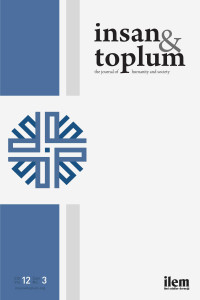Arie Molendijk, Justin Beaumont, & Christoph Jedan (Eds.), Exploring the Postsecular: The Religious, the Political and the Urban, Leiden: Brill Academic Publishers, 2010, 426 p
Arie Molendijk, Justin Beaumont, & Christoph Jedan (Eds.), Exploring the Postsecular: The Religious, the Political and the Urban, Leiden: Brill Academic Publishers, 2010, 426 p
Religion is back in the academic agenda. It was Jürgen Habermas who first introduced the term postsecular in a German Peace Prize lecture in 2001, which he further elaborated in his later writings (Habermas 2001, 2008a, 2008b). For Habermas, we live in a postsecular society where the classical assumption of secularization thesis, whereby religion would disappear from public life has been shown to be wrong. Two important elements – within the societal context of Germany and Western Europe – refuted the former theory: first, the appearance of public normative debates, like abortion, steam cell research, which also involved the churches as legitimated public actors. Second, the visibility of Islam in Europe and its claim for Muslims’ rights within the frame of citizenship based rights (Habermas 2008b). While other authors also have dealt with the return of religion into the public sphere, namely Peter L. Berger (1999), Klaus Eder(2002), Jose Casanova (1994), and Charles Taylor (2007), and authors who have criticized the term postsecular, such as Lilly Kong (2010), it was Jürgen Habermas who was able to name this new religious phenomenon.
Keywords:
justin beaumont, arie molendijk religious,
- ISSN: 2146-7099
- Başlangıç: 2011
- Yayıncı: İlmi Etüdler Derneği
